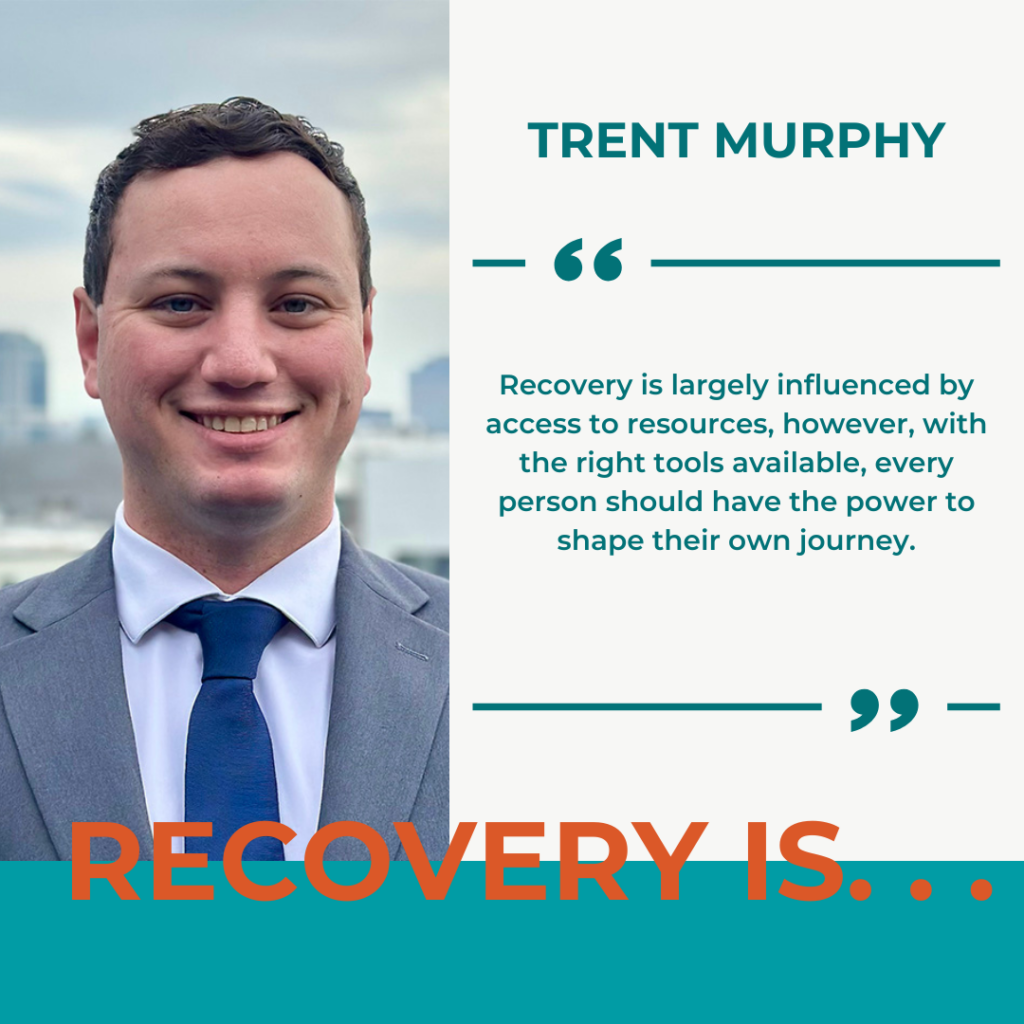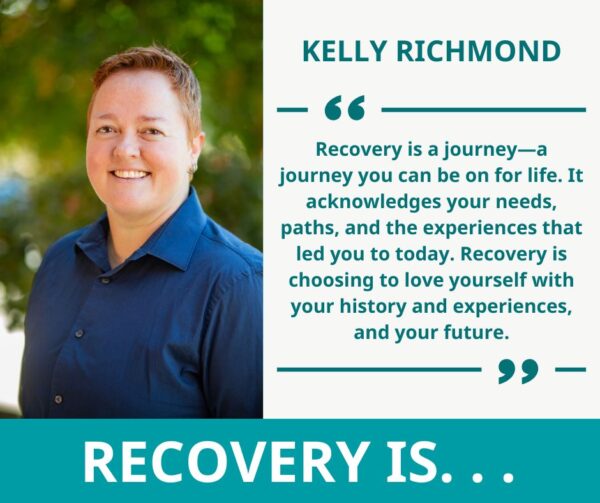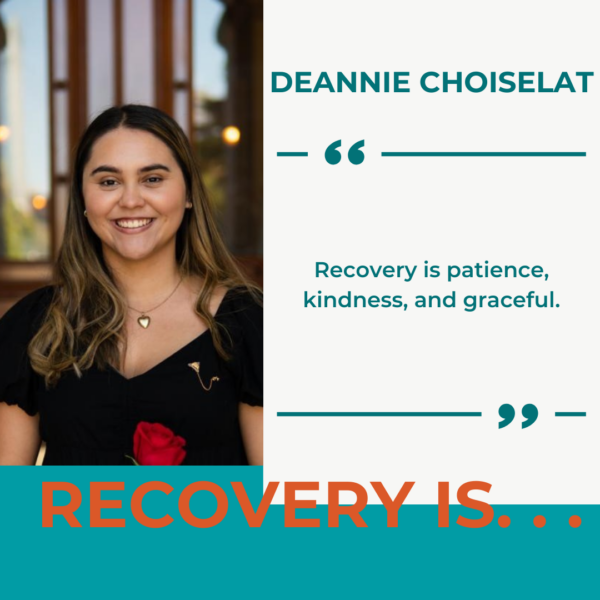Meet Trent Murphy: Open Doors Advisory Group Member
posted on: December 17, 2024
category: Advisory Group

We are excited to introduce Trent Murphy, a passionate and dedicated member of the Open Doors Advisory Group. Trent brings invaluable personal and professional experience to the group, paired with a deep commitment to supporting youth and families in behavioral health and substance use prevention. In this Q&A, Trent shares his motivations, his vision for California's youth, and his hopes for the future of recovery.
Dive into Trent's inspiring story and learn how he’s working to create meaningful change in the field of behavioral health.
What are your hopes for the future of youth substance use prevention and behavioral health in California?
Every young person should have access to services and support systems that are tailored to their unique needs. Comprehensive behavioral health education and prevention curriculum should be implemented in our public education system, similar to how reproductive education is now taught throughout California. No young person should fall through the cracks due to stigma, lack of resources, lack of education, or barriers to accessing treatment.
What motivated you to join the advisory group for this initiative?
I have experienced the second-hand effects of substance use and mental health disorders from friends and family around me. My work and personal experience helping support people with substance use disorders made this opportunity especially appealing. Being part of this group of talented and inspiring people allows me to contribute to shaping a program that will have a lasting impact and has the potential to impact public policy in a meaningful way.
How can community members and organizations support and amplify the goals of this initiative?
We can all help amplify the goals of this initiative by becoming active advocates in all spaces for youth substance use prevention. Everyone can make a real impact by not only raising awareness from a broader perspective but also by participating in local events that directly impact your local community. With the intersection of behavioral health in so many other broader policy areas, whether it be housing, healthcare, or criminal justice, organizations that may have previously not been engaged on the issue in the past can use their voice to advocate for policy changes that prioritize youth behavioral health now and into the future.
Finish this sentence: "Recovery is . . ."
Recovery is largely influenced by access to resources, however, with the right tools available, every person should have the power to shape their own journey.


